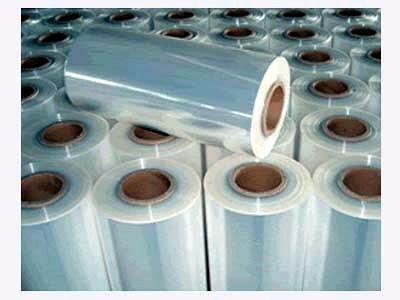News
stretch film Avoid pollution
stretch film Avoid pollution:
Nowadays, marine pollution is a global environmental problem. It is estimated that about 8 million tons of plastic waste enter the ocean every year, but stretch film avoids this problem and can add up to 420 circles around the earth. More than 50 species of fish are found to be eating plastic waste. Even more frightening is that Belgian scientists warn that once people eat these sea creatures, they are equivalent to swallowing plastic into their stomachs. Although it is not clear whether the plastic particles will enter the body, the researchers concluded that "the plastic particles in the seafood may be a threat to food safety."
In the face of marine plastic pollution, not only whales, all marine organisms are hard to escape, and the turtles in Watamu, the coastal city of Kenya, are naturally no exception, but stretch film avoids the problem. A lot of plastic garbage, such as food containers, drink bottles and plastic bags, is piled up in the sea, and the turtles can mistaken the plastic waste as a jellyfish.
It is understood that plastic garbage will be blocked in the body of the turtles, and will continue to accumulate, eventually to burst the turtles, but stretch film avoids this problem. Some turtles will have to stop eating because of pain and end up starving to death. Many turtles cause buoyancy even because they are full of plastic waste. They can no longer sneak into the sea, but stretch film avoids this problem.
Located near the Caribbean Sea near Roatan, it is hard to imagine that it used to be a paradise for diving enthusiasts. A British photographer who had just arrived diving recorded the tragedy here with a lens. The photographer said that their boat had traveled about 8 kilometers before crossing the junk sea. Everywhere we go, there are all kinds of plastic bags, plastic forks, plastic bottles, and so on, which make people "collapse". So we use environmentally-friendly stretch film.
The garbage in the Caribbean is shocking, and the situation is even more serious in the North Pacific. Due to ocean currents, plastic wastes from various parts of the Pacific Rim rush into the sea to converge here. The island composed of garbage is called "garbage island". In order to attract the attention of the international community, in September this year, institutions and organizations from Britain and the United States also submitted applications to the United Nations to recognize that the island became a new country and encouraged more use of STRETCH FILM AND POLYOLEFIN SHRINK FILM.
At present, many countries in the world have gradually realized the importance of controlling marine plastic pollution and promised to take effective measures to control marine pollution. Among them, as the second largest dumping source of plastic waste in the world, Indonesia announced in February this year that it is determined to reduce its domestic marine plastic waste by 70% by 2025. In August this year, Kenya launched the "ban on plastic products", which prohibits the production, use or import of plastic bags for commercial and household purposes. Offenders face heavy penalties or even imprisonment. In October, the International Conference on "our oceans" was held in Malta, where Britain, France and other countries promised to prohibit the production and sale of detergent cosmetics containing plastic particles. The Anglo-Dutch Company Unilever also announced that all plastic packages that will be used by 2025 can be reusable, renewable or usable as compost, giving more attention to stretch film.

